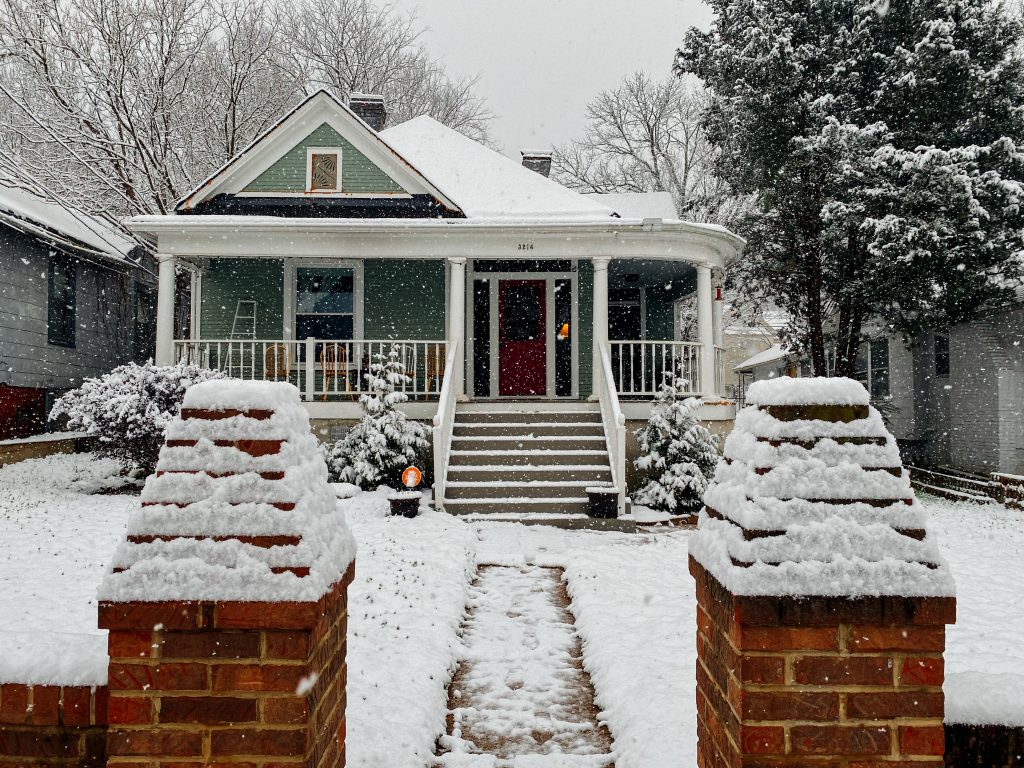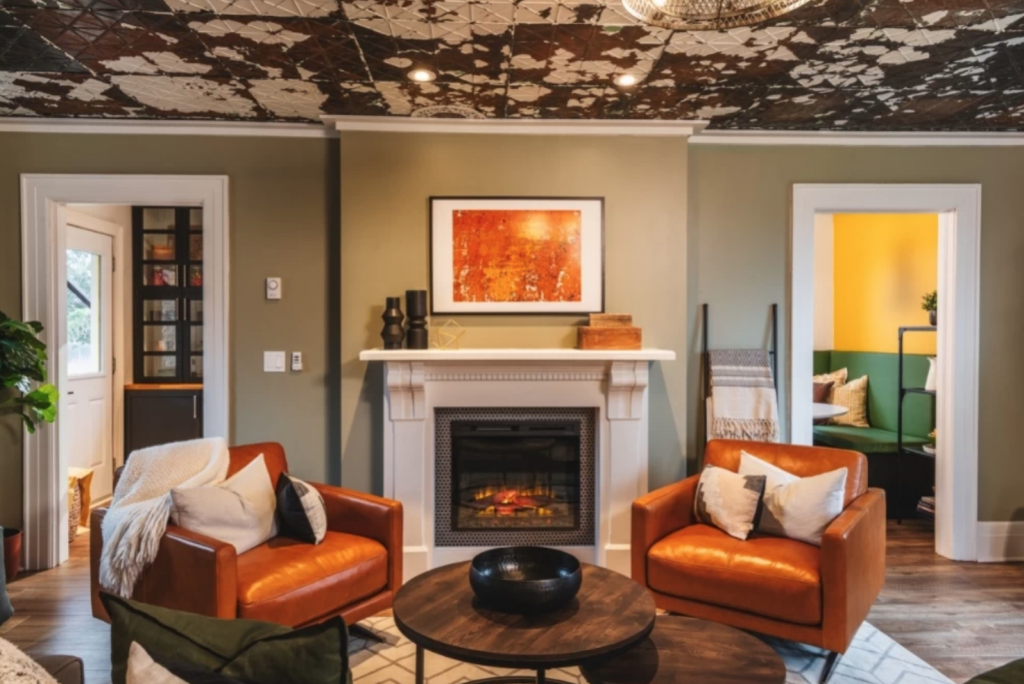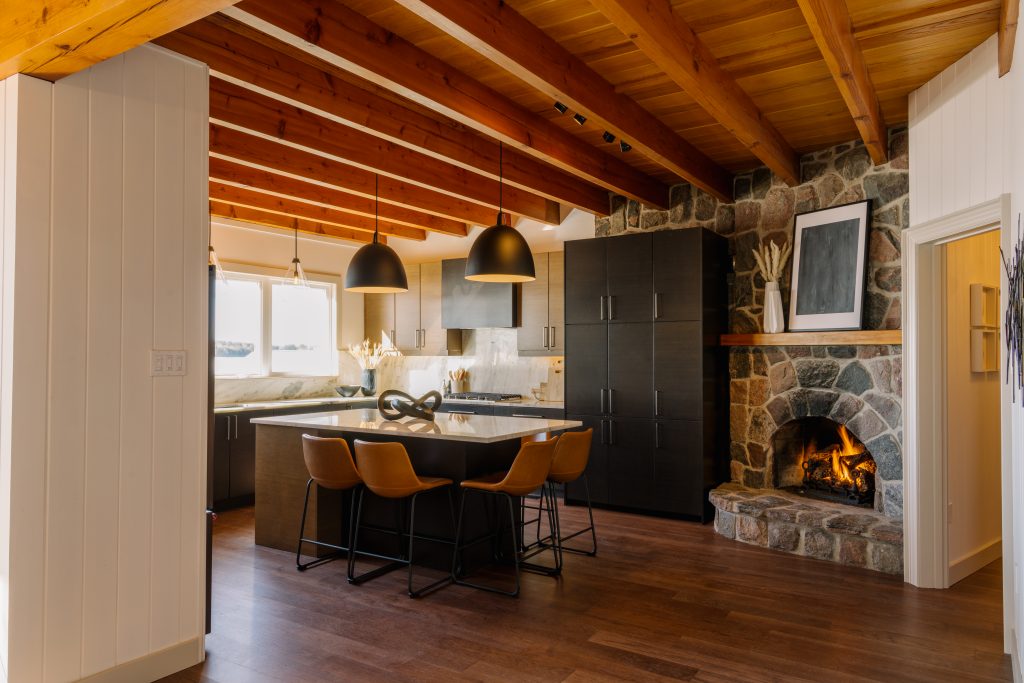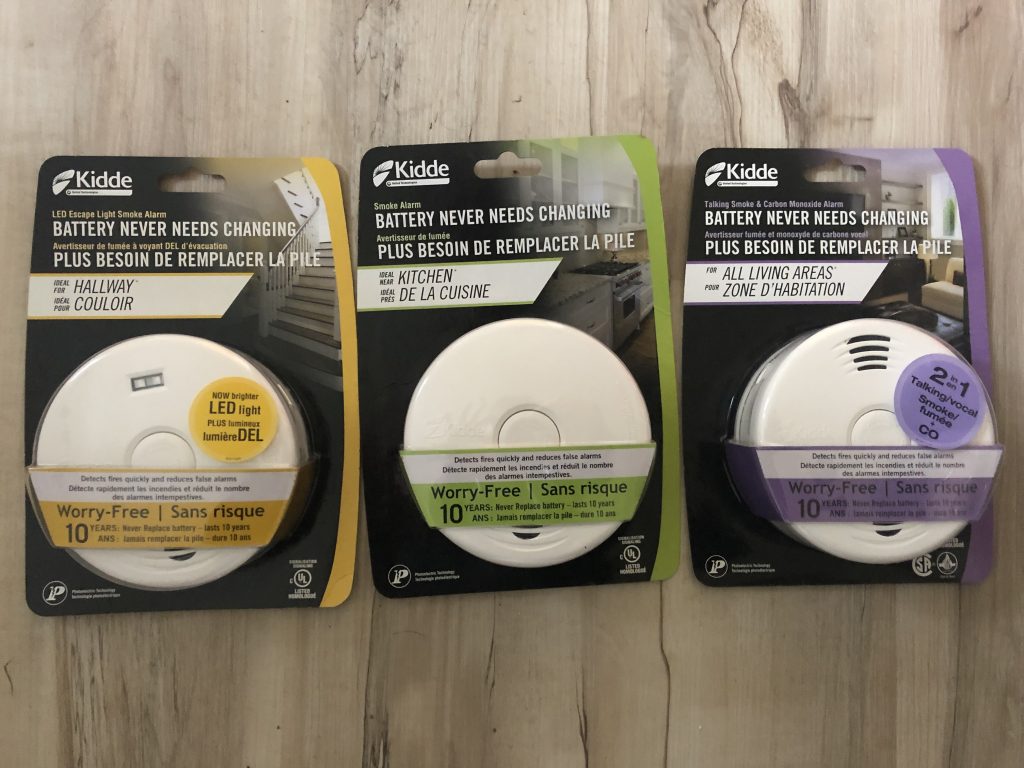Winter Fire Safety Checklist
Fire safety is a hugely important consideration all year long, but perhaps no season is as important as winter. Between heating, holiday decorations and all the big, family meals being cooked, the chance of fire increases in the cold-weather months.
Follow these tips to make sure you’re keeping your home and family safe this winter and remember to visit Kidde.com for more fire safety information and fire safety products.

Heating
- Tune-up your heating system. Heating is one of the leading causes of home fires in North America, and for obvious reasons, December, January and February are the peak months. So make sure your furnace is properly maintained and change the furnace filters. Leave any furnace repairs to qualified specialists. Do not attempt repairs yourself unless you are qualified.
- Check heating ducts and clean out any large amounts of dust or animal hair.
- Never leave space heaters unattended and keep items that can catch fire at least three feet away from them.
- Never use the stove to heat the house, and during power outages DO NOT bring barbeques or generators inside for heat. Portable generators can be very useful during power outages, but the exhaust from running a generator contains lethal carbon monoxide. Improper use can be very dangerous – even deadly.
Fireplaces
- If you have a wood-burning fireplace get it cleaned and inspected by a certified chimney sweep. Built-up creosote and soot can ignite and cause a fire.
- Always use a screen in front of the fireplace to protect against flying sparks.
- Never use gasoline or any other flammable liquids to start a fire.
- Use only seasoned and dried wood.
- Never leave the fire unattended or let it smoulder.
- Don’t hang Christmas stockings from the mantel when the fireplace is in use.
- Clean the ashes regularly. Place the ashes in a metal container and store outside away from flammable materials.

Kitchens
- When it comes to kitchen safety, unattended cooking is the number one cause of home fires in Ontario, so be extra careful when cooking.
- Be on alert! If you are sleepy or have consumed alcohol don’t use the stove or stovetop.
- Stay in the kitchen while you are frying, grilling, or broiling food. If you leave the kitchen for even a short period of time, turn off the stove.
- If you are simmering, baking, roasting, or boiling food, check it regularly, remain in the home while food is cooking, and use a timer to remind you that you are cooking.
- Keep anything that can catch fire — oven mitts, wooden utensils, food packaging, towels or curtains — away from your stovetop.
- Have a “kid-free zone” of at least 3 feet around the stove and areas where hot food or drink is prepared or carried.

General Fire Safety
- Check operation of smoke and CO detectors. These always need to be in good working order but the new season is a good time to check them – particularly with all of the heating elements about to be added to the house.
- Consider installing interconnected smoke alarms for maximum safety. They can be hardwired or wireless, and if one goes off they all go off. This means if a fire starts in the basement and is detected by the alarm the ones upstairs will also go off.
- Make sure you’ve got one fire extinguisher for every 600 sq ft of living space, and make sure they’re spaced out accordingly. A fire extinguisher located easily within reach is your best bet for putting out a fire while it’s still small. Keep in mind that the size of a fire doubles every thirty seconds so you never want to go looking for a fire extinguisher. Your priority should be to get out of the house as quickly as possible. Fire extinguishers can help if your exit is blocked.
- Carbon monoxide is deadly so make sure you have CO detectors on every floor of the house and outside all sleeping areas along with smoke alarms. Make sure to place them at least 15 feet away from fuel-burning appliances and don’t place them next to windows or doors. Having working smoke and CO alarms in your house doubles your chance of survival if there’s a fire or CO leak.
- Never remove the battery from a smoke alarm. People die as a result of false alarms because they remove the battery to stop the noise and forget to replace it.

For more information about winter fire safety and fire safety products, please visit Kidde.com.

Comments